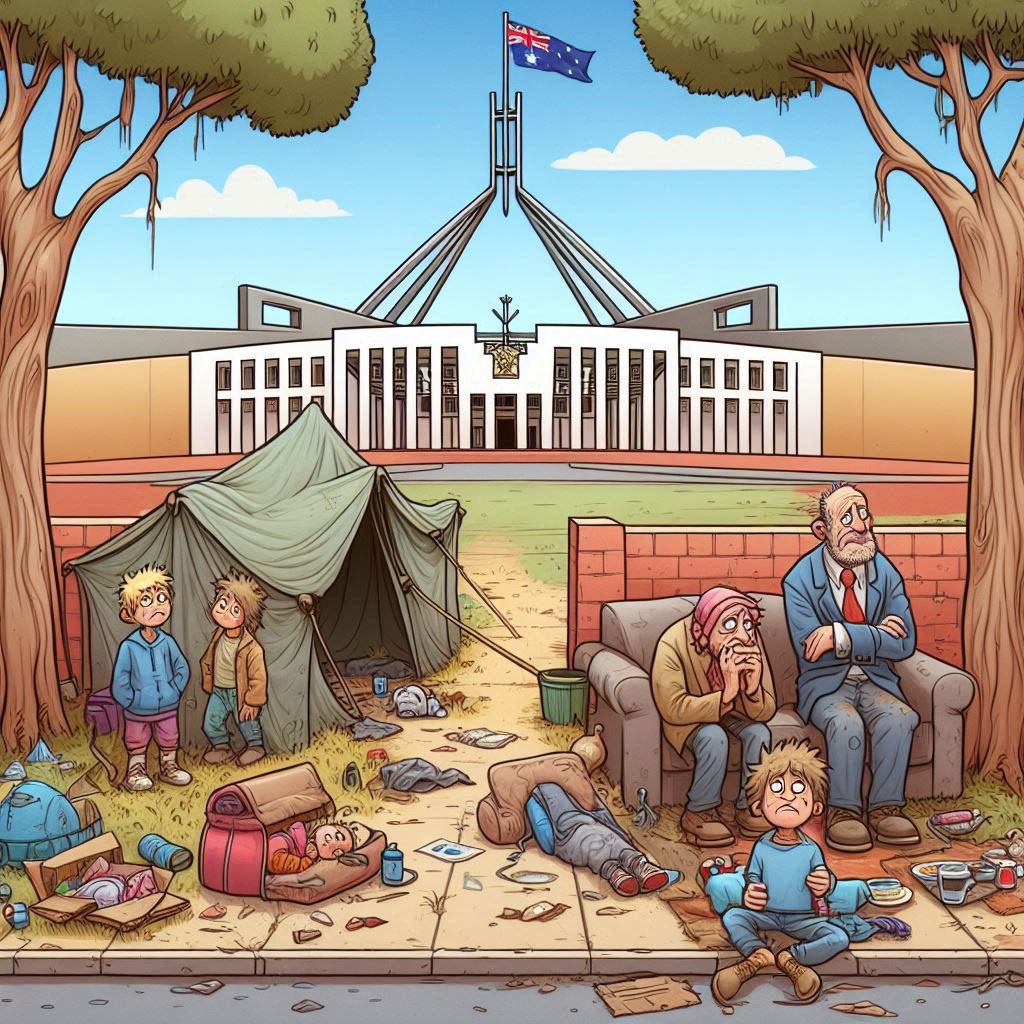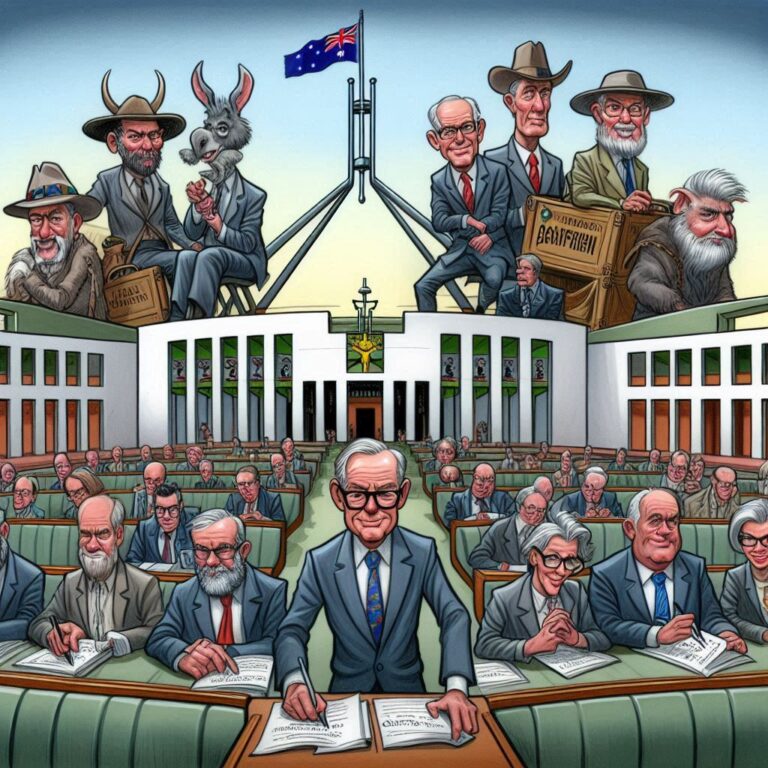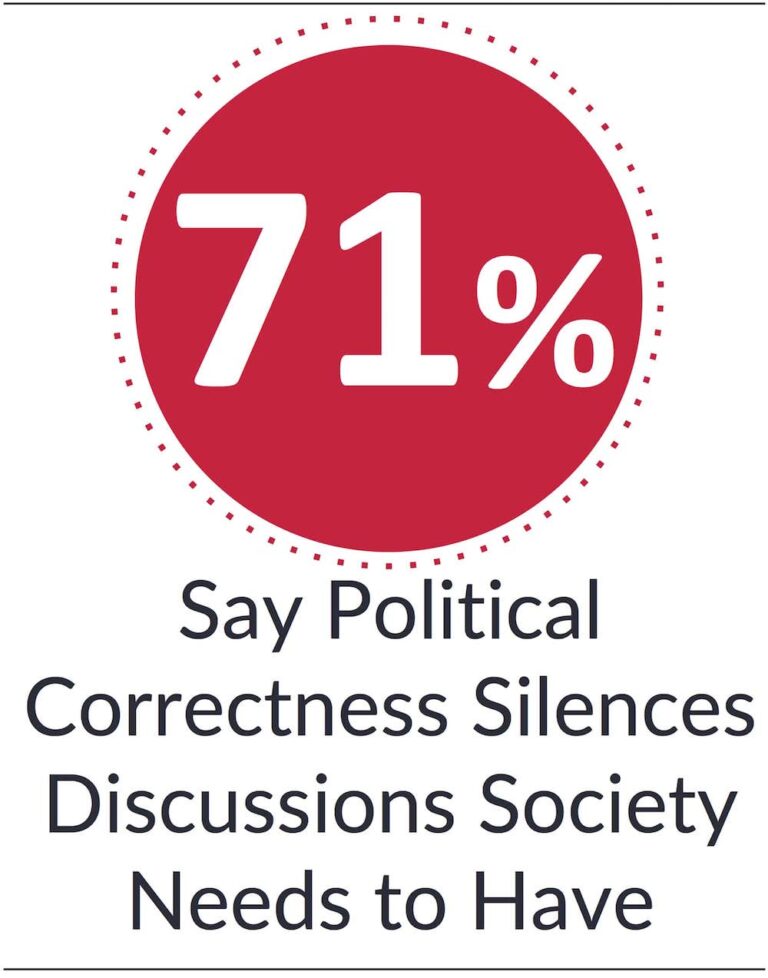Penny Wong: Australians in Lebanon Return
Amid growing concerns over the geopolitical stability in Lebanon, the Australian government has issued an advisory urging its citizens to return home. This step comes in light of escalating tensions in the region, posing potential risks to the safety of Australians currently residing or travelling there. The government’s decision underscores the importance of proactive measures to ensure the well-being of its nationals abroad.
Current Situation in Lebanon
Lebanon has experienced significant political and economic turmoil over the past few years. The ongoing crises have led to a profound impact on the country’s stability and security. Key factors contributing to the current situation include:
- Economic Collapse: Lebanon’s economy has been struggling, characterized by hyperinflation, a depreciating currency, and a banking sector in distress.
- Political Instability: The government has faced numerous challenges, including widespread protests and a lack of effective governance.
- Social Unrest: The population has been dealing with poverty, unemployment, and a lack of essential services such as healthcare and electricity.
These conditions have exacerbated the risks for foreign nationals in the country, making it imperative for Australia to take precautionary measures.
Government Advisory for Australians in Lebanon
The Australian government has a duty of care to its citizens, and the decision to advise Australians in Lebanon to return home reflects this commitment. The advisory was issued following a comprehensive assessment of the situation on the ground. Key points of the advisory include:
- Immediate Return: Australians are urged to fly back to Australia as soon as possible to avoid any unforeseen risks.
- Consular Assistance: The government is offering consular assistance to those needing help with travel arrangements.
- Monitoring the Situation: Constant monitoring of the evolving situation in Lebanon to provide updated information and assistance to Australians.
Past experiences have shown that timely advisories can prevent potential crises for citizens abroad, highlighting the importance of heeding governmental warnings.
Steps to Follow for Australians in Lebanon
If you are an Australian currently in Lebanon, here are some important steps to follow:
- Stay Informed: Regularly check updates from the Australian government and reliable news sources regarding the situation in Lebanon.
- Contact the Embassy: Reach out to the Australian embassy for guidance and support in making travel arrangements.
- Arrange Travel: Book flights back to Australia at the earliest opportunity. Keep in mind that flight availability may be limited during such times.
- Prepare Documentation: Ensure that all necessary travel documents, such as passports and visas, are in order.
Following these steps can help mitigate the risks and facilitate a safe return to Australia.
Impact of the Advisory on Australians in Lebanon
The government’s advisory is expected to have a significant impact on Australians currently in Lebanon. Some of the potential effects include:
- Increased Flights: Airlines may increase their flights from Lebanon to accommodate the returning Australians.
- Consular Workload: The Australian embassy in Lebanon is likely to see a surge in requests for assistance, requiring additional resources to handle the demand.
- Family Reunifications: Families and loved ones in Australia will be relieved as their relatives return home safely.
The advisory also serves as a reminder of the unpredictable nature of geopolitical situations and the importance of being prepared for emergencies when living abroad.
Why Such Advisories Are Crucial
Government advisories play a critical role in safeguarding citizens travelling or residing in volatile regions. Here are a few reasons why such advisories are crucial:
- Timely Information: They provide real-time information about the risks in a particular region, enabling citizens to make informed decisions.
- Safety Measures: Advisories outline the steps that individuals should take to protect themselves, including evacuations and other precautionary measures.
- Government Support: They ensure that citizens know how to access government support and resources in times of crisis.
- Preventative Action: Advisories can prevent harm by encouraging citizens to leave a dangerous situation before it escalates.
By issuing such advisories, the government demonstrates its commitment to the safety and welfare of its nationals abroad.
Conclusion
The call for Australians in Lebanon to return home highlights the serious nature of the current situation in the country. The Australian government’s proactive approach aims to ensure the safety and security of its citizens, reflecting their dedication to providing timely and effective support during uncertain times. Australians in Lebanon are urged to take immediate action to follow the advisory, ensuring their safe return to their homeland.








